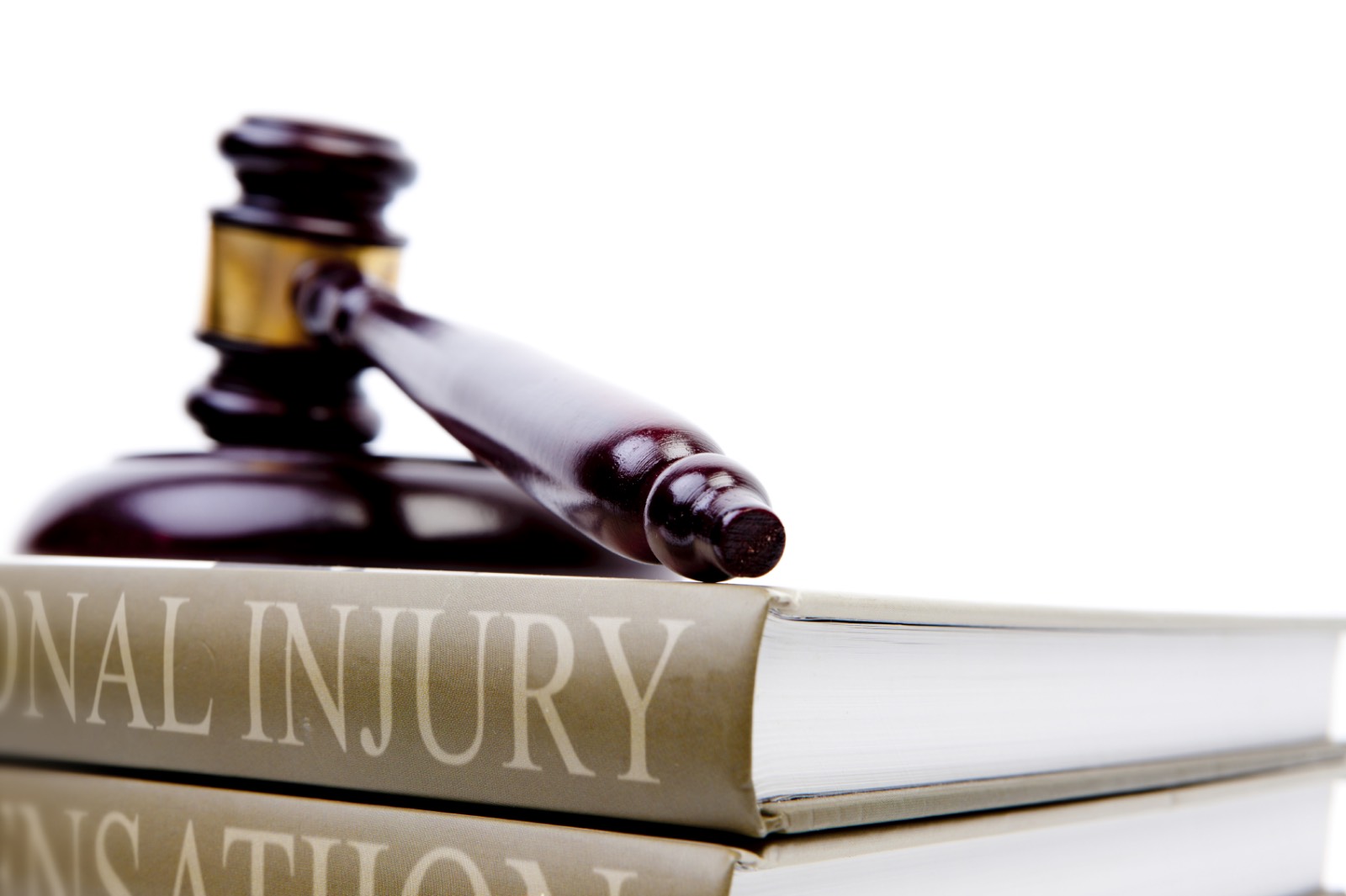[dropcap]I[/dropcap]f you are contemplating filing a bankruptcy case, then you are likely to have a dramatic effect on related lawsuits. For instance, if a victim of a road accident understandably wishes to sue the negligent parties, the defendant’s bankruptcy may complicate the trial.
Some specific legislations allow defendants with no assets and filed bankruptcy cases to avoid paying for any damages. This article provides an analytical overview of how bankruptcy can indeed eliminate personal injury settlements.
Can Bankruptcy Discharge Most Judgements in Related Injury Lawsuits?
First, we should touch on the different types of bankruptcy. In the case of a chapter 7 bankruptcy, the defendant’s assets are subjected to liquidation by a trustee. Under a chapter 13, debt repayments are based on the defendant’s income and may include earnings from an injury verdict.
It is important to note that unlike private injury litigations, bankruptcy is a federal legislation. Irrespective of the type of bankruptcy filed, a trustee is often mandated to take possession of the debtor’s assets.
For example, when a chapter 7 bankruptcy has been filed, the debtor will not legally be obligated to pay the remaining arrears. Federal legislation classifies such injury settlements as unsecured debts. This implies that when a defendant files a chapter 7 bankruptcy, the plaintiff cannot claim any damages related to the individual injury lawsuit.
Similarly, chapter 13 bankruptcy allows the trustee to establish a comprehensive repayment plan, particularly for persons with regular sources of income. The defendants will only be permitted to hold certain essential assets such as homes but must agree to adhere to a debt repayment plan. When is the general rule of bankruptcy exempted?
If can be proven beyond reasonable doubts that the defendant acted willingly and with malice and that it was not a mere case of negligence, bankruptcy verdict cannot be discharged.
Correspondingly, if the injury or death was as a result of drunk driving, any injury judgment cannot be discharged. The Federal law expressly stipulates that bankruptcy cannot be used to remove debts that may have resulted in deaths or any other form of injury.
What Happens when the Plaintiff is Declared Bankrupt?
In some cases, a plaintiff in an injury lawsuit may declare bankruptcy. In such instances, the Federal law expressly transfers the plaintiff’s right to sue the respondent to the trustee. You must, therefore, disclose any existing claims to your trustee, who is legally obligated to take control of your assets.
The timing of the bankruptcy weighs in the balance. Whether a bankruptcy was filed before or after the injury for which you’re asking reparations occurred will have an effect on the case. If the injury in question happened before you filed for bankruptcy, your claim will have to be disclosed when filing bankruptcy papers since it is now a part of your bankruptcy estate. As we mentioned earlier, there may be part of the claim that might be under an exemption, by if any part of the particular claim isn’t protected, you might get investigated by the bankruptcy trustee who might go after an injury claim.
Viable Option in a Personal Injury Lawsuit
The stipulated debt repayment plan under chapter 13 bankruptcy is the most feasible option for personal injury victims, as the bankruptcy trustee is still responsible for safeguarding the debtor’s interest.
Conclusion
In general, the defendant’s personal obligation to repay debts is eliminated or controlled when a bankruptcy case is filed. However, this does not apply to all cases, so you have to understand how the type of bankruptcy and the particular case can affect rulings. It is also equally important to understand that there are certain Federal protections (exemptions) in bankruptcy cases.
Therefore, it is advisable that you disclose to your lawyer your financial situation. This will enable you to formulate a strategy on how to win a private injury lawsuit. Similarly, having a skilled and experienced attorney to help you organize your case will be a valuable asset. Only a skilled attorney will be able to navigate through all the formalities of bankruptcy cases and will be able to guide you through the proper course of action and inform you on what you should expect.







